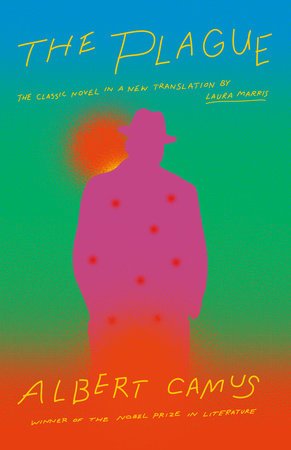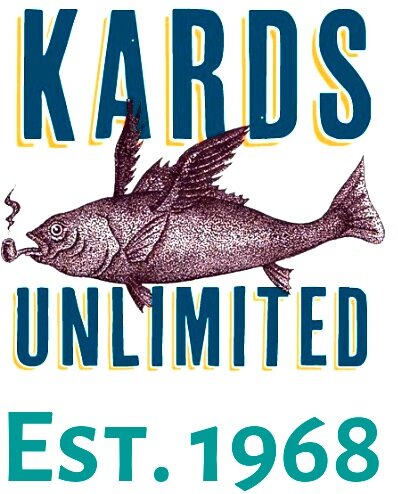 Image 1 of
Image 1 of

The Plague by Albert Camus
Random House
Paperback
*BLAIR’S PICK!*
Who would've thought that a French existentialist writing about a plague as allegory for war would top all the best summer reading lists? I'd type "LOL" and end it there but I just can't do that to my college boyfriend Al. Set in the 1940s, this is a deep dive into the deep end. Without floaties. Without flippers. To the abyss, where Ed Harris is. But like Ed, you find space to breathe down there, and it's really quite beautiful.
A haunting tale of human resilience and hope in the face of unrelieved horror, Albert Camus’ iconic novel about an epidemic ravaging the people of a North African coastal town is a classic of twentieth-century literature.
The townspeople of Oran are in the grip of a deadly plague, which condemns its victims to a swift and horrifying death. Fear, isolation and claustrophobia follow as they are forced into quarantine. Each person responds in their own way to the lethal disease: some resign themselves to fate, some seek blame, and a few, like Dr. Rieux, resist the terror.
An immediate triumph when it was published in 1947, The Plague is in part an allegory of France’s suffering under the Nazi occupation, and a timeless story of bravery and determination against the precariousness of human existence.
Random House
Paperback
*BLAIR’S PICK!*
Who would've thought that a French existentialist writing about a plague as allegory for war would top all the best summer reading lists? I'd type "LOL" and end it there but I just can't do that to my college boyfriend Al. Set in the 1940s, this is a deep dive into the deep end. Without floaties. Without flippers. To the abyss, where Ed Harris is. But like Ed, you find space to breathe down there, and it's really quite beautiful.
A haunting tale of human resilience and hope in the face of unrelieved horror, Albert Camus’ iconic novel about an epidemic ravaging the people of a North African coastal town is a classic of twentieth-century literature.
The townspeople of Oran are in the grip of a deadly plague, which condemns its victims to a swift and horrifying death. Fear, isolation and claustrophobia follow as they are forced into quarantine. Each person responds in their own way to the lethal disease: some resign themselves to fate, some seek blame, and a few, like Dr. Rieux, resist the terror.
An immediate triumph when it was published in 1947, The Plague is in part an allegory of France’s suffering under the Nazi occupation, and a timeless story of bravery and determination against the precariousness of human existence.
Random House
Paperback
*BLAIR’S PICK!*
Who would've thought that a French existentialist writing about a plague as allegory for war would top all the best summer reading lists? I'd type "LOL" and end it there but I just can't do that to my college boyfriend Al. Set in the 1940s, this is a deep dive into the deep end. Without floaties. Without flippers. To the abyss, where Ed Harris is. But like Ed, you find space to breathe down there, and it's really quite beautiful.
A haunting tale of human resilience and hope in the face of unrelieved horror, Albert Camus’ iconic novel about an epidemic ravaging the people of a North African coastal town is a classic of twentieth-century literature.
The townspeople of Oran are in the grip of a deadly plague, which condemns its victims to a swift and horrifying death. Fear, isolation and claustrophobia follow as they are forced into quarantine. Each person responds in their own way to the lethal disease: some resign themselves to fate, some seek blame, and a few, like Dr. Rieux, resist the terror.
An immediate triumph when it was published in 1947, The Plague is in part an allegory of France’s suffering under the Nazi occupation, and a timeless story of bravery and determination against the precariousness of human existence.
